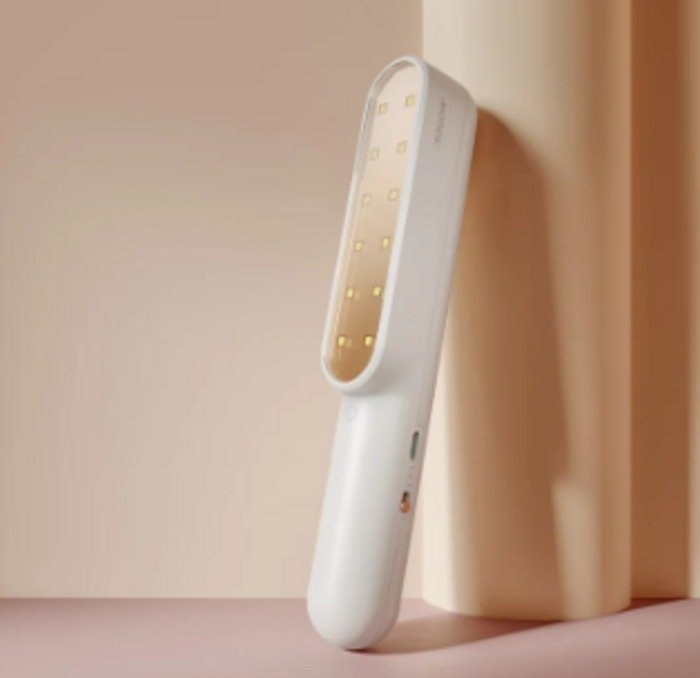Being able to hear is something most of us take for granted. And if we were to lose this one precious sense, most of us would undoubtedly feel lost without it. Such is the case for roughly 12% and 8% of U.S. workers who suffer from hearing difficulty and tinnitus, respectively. When someone temporarily or permanently loses their hearing or develops tinnitus, a persistent high or low ringing in the ear, it is known as industrial or occupational deafness. And it happens to workers across several industries. Some of the more common ones include the following:
- Agriculture
- Construction
- Manufacturing
- Mining
- Music and events
- Trucking
Construction and Manufacturing: Why Industrial Deafness Is So Prevalent in These Two Industries
Industrial deafness, tinnitus, and other forms of temporary and permanent hearing loss occur in multiple industries. However, they occur more frequently among workers in the manufacturing and construction sectors, according to several studies. One of those studies comes from the Centers for Disease Control and Prevention (CDC), which found that an estimated 18% of all manufacturing workers suffer from hearing difficulty. The study also found that roughly 11% have tinnitus. A separate CDC study found that 14% and 7% of all construction workers suffer from hearing difficulty and tinnitus, respectively. Construction and manufacturing workers are exposed to loud, noisy environments for hours on end, day after day. Over time, that constant exposure leads to difficulty hearing, tinnitus, and even complete hearing loss.
How Exposure To Noisy Environments can Lead To Hearing Problems
The ears are among the most delicate parts of the human body. While they can withstand some forms of abuse, such as exposure to loud sounds every once and a while or even a high concentration of loud sounds all at once, they can only do so for but so long before hearing problems arise. Those hearing problems can be permanent or temporary, and they can present with the following symptoms:
- A constant ringing, whistling, hissing, or buzzing sound in one or both ears
- An inability to make out speech when there is a lot of background noise
- An inability to hear high-pitched sounds, including the voices of women and children
- Missing portions of conversations even when paying close attention
- Reduced hearing in one or both ears
Constant or occasional exposure to loud sounds can damage the cells and membranes in the cochlea, the most delicate parts of the ear. When this happens, sound no longer travels through the ear as efficiently or as effectively. As such, the brain is less capable of processing and making sense of sound, which explains why some people with hearing problems can hear but not necessarily understand what people are saying. Likewise, damage to the cells and membranes in the cochlea also triggers ringing in the ear associated with tinnitus.
Additional Things That Can Contribute To Hearing Difficulty and Tinnitus
While working in specific industries can increase one’s chances of developing hearing problems; some people experience these problems for other reasons, taking certain prescription-based medications being one of them. According to a 2021 study published by the Endocrine Society, Tepezza; an injectable prescription drug prescribed to treat thyroid eye disease (TED); is linked to tinnitus and other hearing problems. Available data shows that Irish pharmaceutical company Horizon Therapeutics, the maker of Tepezza; was aware that the drug could put some people at risk of developing hearing problems; but failed to disclose that information to physicians or consumers.
The study from the Endocrine Society revealed that 65% of people who participated in a Tepezza clinical trial suffered hearing loss, hearing damage, and tinnitus. This large percentage indicates that Horizon Therapeutics is just as responsible for the hearing difficulties many people experienced after taking Tepezza to treat TED as employers who failed to provide workers with earplugs or other means of protecting their hearing in noisy work environments. For this reason, many people have filed a Tepezza lawsuit in which they allege Horizon Therapeutics was negligent for not alerting physicians of the hearing side effects that might stem from taking the drug.
Filing a Personal Injury Lawsuit Because of Hearing Difficulty or Tinnitus
If you have developed hearing problems due to taking Tepezza or because an employer failed to provide hearing protection while requiring that you work in a noisy environment, you should file a personal injury lawsuit. And this is especially true if you’re unable to work and have medical expenses, including having to purchase hearing aids, which can cost 4,000 or more. Of course, this process is not the easiest. It would be best to hire an experienced personal injury lawyer who can help you prove in court that the negligence of another contributed to your hearing problems.
A personal injury lawyer will assist you in compiling medical records, gathering evidence; and establishing the extent to which another party was responsible for your hearing problems. For more information on filing a personal injury lawsuit related to industrial deafness or hearing problems born from taking Tepezza; consider speaking with one of our attorneys today.




